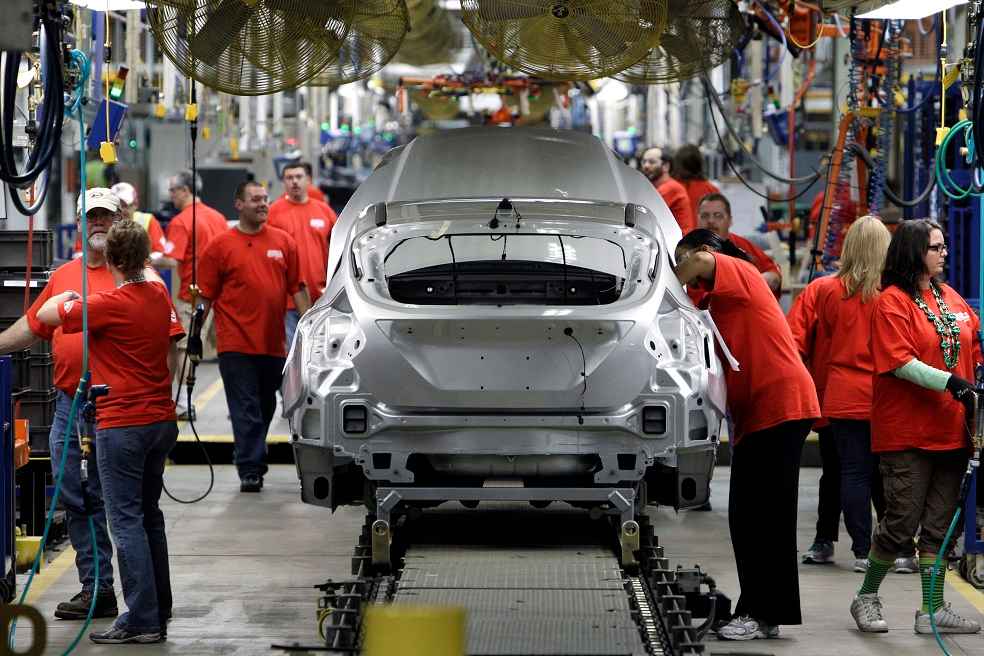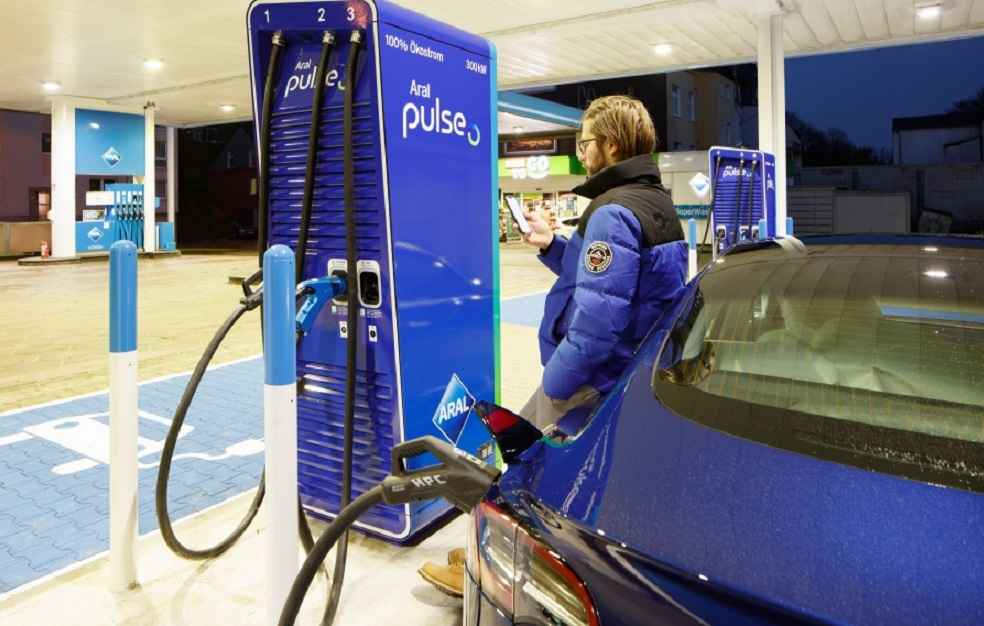The UK automotive sector has committed to building on the government’s newly released Industrial Strategy to revitalize its global competitiveness, unveiling a 10-point plan aimed at restoring the UK’s position among the top 15 vehicle manufacturing nations by 2030. The strategy, which includes a proposed £50 billion boost to the economy over the next decade, was unveiled alongside the Society of Motor Manufacturers and Traders’ (SMMT) annual Summit in London.
Mike Hawes, Chief Executive of SMMT, welcomed the initiative, describing it as a pivotal moment for the industry. “Government’s long-term Industrial Strategy, including the Drive35 £2.5 billion auto capital and R&D fund, recognizes automotive as a pillar of advanced manufacturing,” he stated, adding that the strategy supports the innovation, high-value jobs, and economic growth critical to the UK’s future.
The announcement coincides with the release of SMMT’s new report, ‘The Competitive Edge: Driving Long-Term UK Automotive Growth’, which presents findings from the first UK Automotive Business Leaders Barometer. While the report highlights that over half of industry players have secured or are planning investment, it also reflects concerns over rising operational costs, reduced profitability, and challenging global trade conditions.
According to the report, nearly three-quarters (73.5%) of surveyed CEOs experienced increased business costs over the past year, while nearly half (46.9%) reported declining profits. Regulatory and compliance expenses remain some of the highest in the world, further straining competitiveness. High energy prices are a major cost burden, with UK car makers paying the highest electricity rates in Europe. Taxes are six times higher than the average, adding £200 million to their bills last year alone.

Quick action on the energy reforms in the strategy could cut electricity costs by 20%. Industry leaders argue that anticipated relief on standing charges, currently intended for battery manufacturers, should also apply to the entire car industry, especially as it moves towards making more electric vehicles.
The industry also faces mounting costs tied to EV incentives. Manufacturers have absorbed a £6.5 billion bill over the last 18 months to support EV uptake, which remains below government targets. Over half of CEOs believe the UK is falling sharply behind its 2030 target to phase out internal combustion engine vehicles. Compounding the challenge are policy disincentives such as the Expensive Car Supplement (ECS), which could impose over £360 million in additional costs on EV buyers from April.

Industry leaders are urging the government to introduce stronger consumer support measures to drive EV demand. Proposals include revisions to the ECS, reductions in VAT on new EVs, and public charging to create a more attractive and affordable market for buyers.
With these persisting hurdles, recent diplomatic and trade developments offer optimism. The UK’s deal with the United States to reduce harmful tariffs, progress on a free trade agreement with India, and a reset in EU relations are seen as steps towards restoring the UK’s competitive position. Combined with domestic reforms to energy pricing, business rates, and tax rules, and with investment in workforce skills, the industry believes it can boost the economy by £50 billion and support the UK’s net-zero goals.
“We welcome the Government’s Industrial Strategy, a 10-year plan which answers our call for a long-term commitment to automotive manufacturing,” said Hawes. “We now need to see the Strategy implemented and at pace, because competitors will move fast, so our window of opportunity will not remain open for long. The prize, however, in terms of jobs, innovation, and economic growth, is worth the investment.”
TRENDING | Tesla’s Robotaxi Test Rides in Austin Draw Safety Investigation





